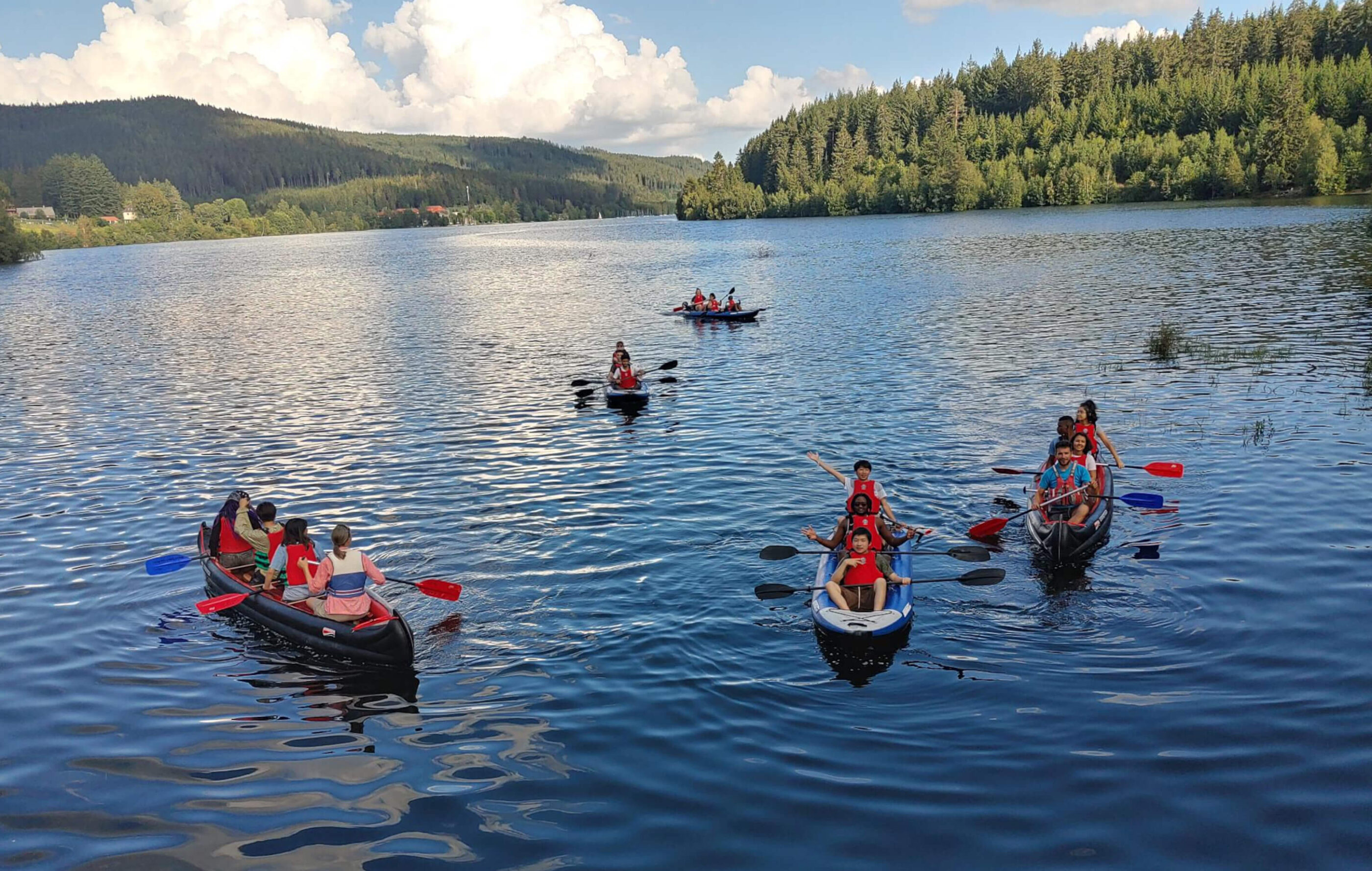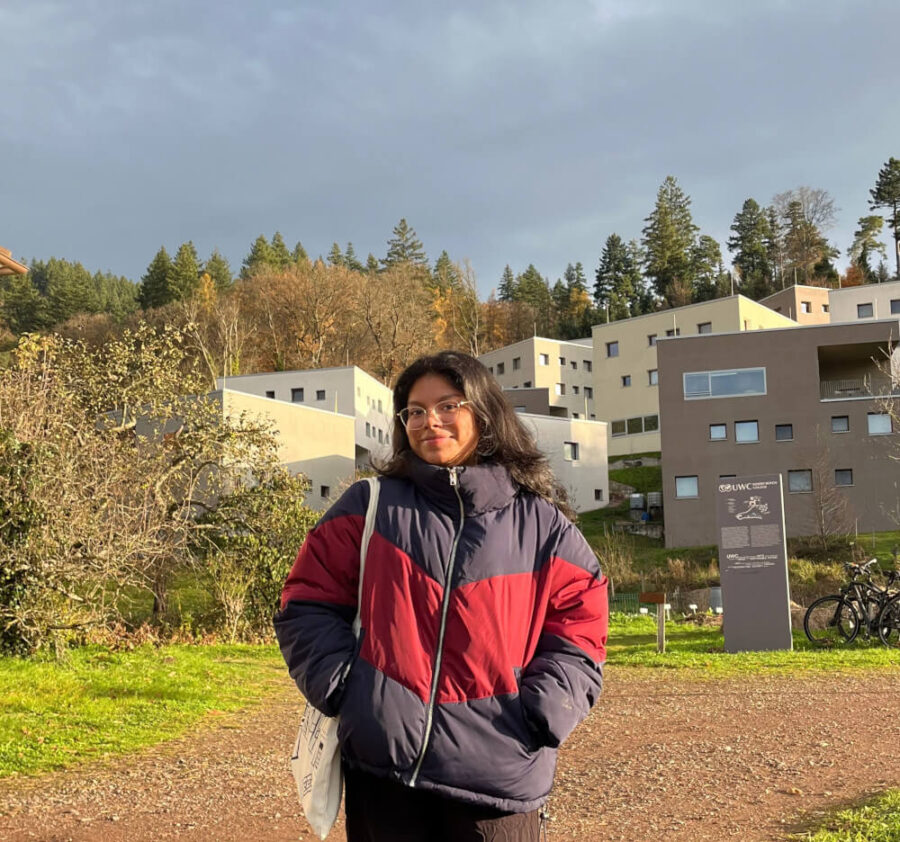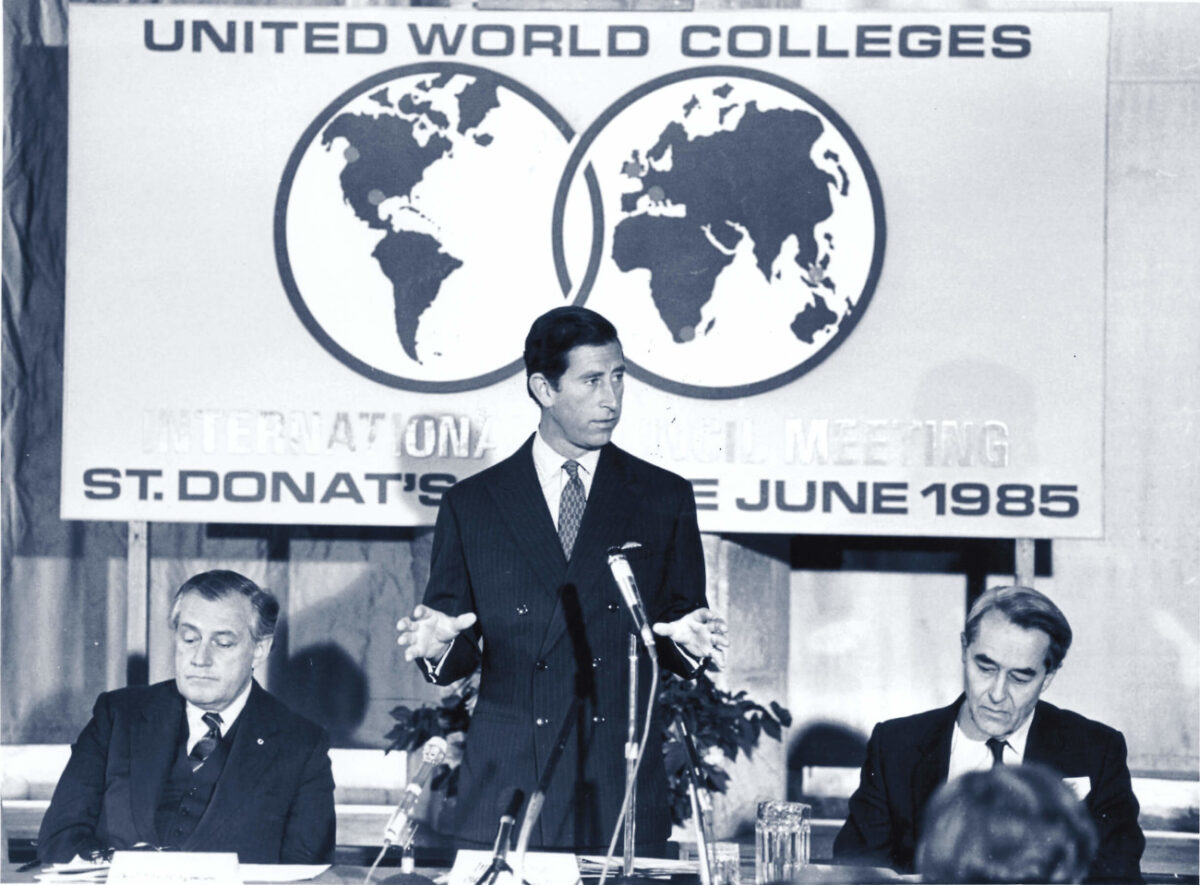The structure of the United World Colleges: 18 schools worldwide

UWC (United World Colleges) is an international educational movement that unites people, nations and cultures in a commitment to peace and a sustainable future. There are 18 UWC schools on five continents worldwide – most of them with around 200 students aged 16 to 19 from more than 90 countries. The schools teach the International Baccalaureate (IB) Diploma curriculum. In addition, experiential learning, social engagement and outdoor activities play a central role in the educational concept.
UWC: Education for Peace and Sustainability
The education provided at a UWC aims to enable students to master the challenges of a globalised world and to experience and understand the principles of sustainable development: intergenerational and gender equality, social tolerance, poverty reduction, environmental protection, conservation of natural resources and the creation of open, free, just and peaceful societies. Young people are introduced to these goals through active social learning. In the social services, they take on meaningful and relevant tasks in the immediate Freiburg community and engage intensively with current social issues.

“UWC opened my eyes to a global community and broadened my understanding of change – how small, intentional actions can create ripples to have far-reaching effects. UWC didn’t just give me an education; it instilled in me a sense of responsibility. It taught me that ideas must be turned into action, that change begins with awareness but thrives through implementation.”

A unique selection process
In addition to the 18 schools, a worldwide network of UWC committees in 160 countries forms the backbone of the educational movement. The committees are independent of governments and are largely run by around 3,000 volunteer UWC alumni. They select students in their home countries according to aptitude and potential – regardless of their financial circumstances. This system of national committees and income-independent selection give the UWC schools their special character. There are currently around 60,000 alumni worldwide.

A desire for peace
During the Cold War, the German educationalist Kurt Hahn and the British air marshal Sir Lawrence Darvall developed the concept of international United World Colleges, which was described by the London Times at the time as the “most exciting educational project of the post-war era”. Hahn’s conviction is that people need to know each other in order to live together peacefully.
Hahn’s experiential education concept as a basis for international understanding was particularly relevant against the backdrop of the threats of this time. In 1962, selected young people aged 16 to 19 from different countries and cultures came together for the first time at UWC Atlantic College, the world’s first UWC school. In two years of boarding school, they went through a school program together, performed “service to society” and practiced active international understanding in their daily lives together.
